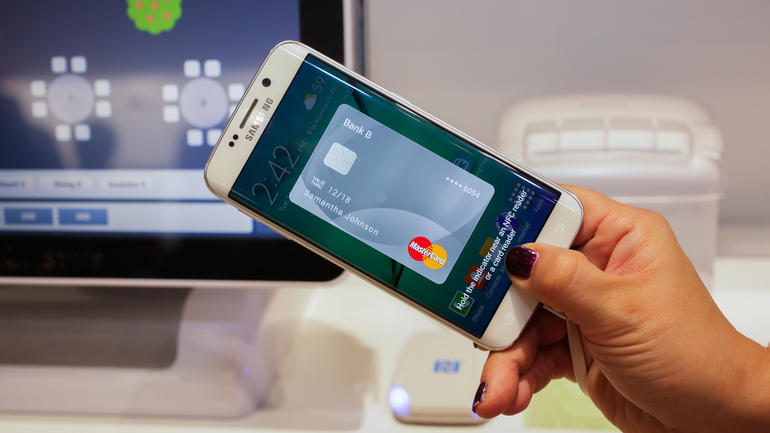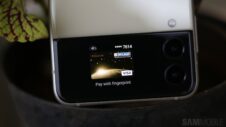There was a lot of anticipation regarding Samsung's new payment service and how it would compete with established rivals, Samsung Pay was launched in South Korea last month and it will go live in the United States later this month, already the company is seeing enthusiastic response from customers in its home base. Tens of thousands of people signed up to use the service in the first week and Injong Rhee, Samsung Electronics Executive Vice President and the development lead for Samsung Pay, says that on average 25,000 people are signing up to use Samsung Pay every single day.
Rhee also says that usage has increased rapidly since launch as the service is bringing in daily transaction volumes of KRW 750 million (~$630,000) on average. While he didn't say how often users in South Korea are making payments with Samsung Pay he does mention that “a majority” of Galaxy Note 5 owners in the country have used the service and that during the open beta the number of active users who made more than one payment with Samsung Pay represented 80-90% of all Samsung Pay users.
Samsung considers plastic cards as the biggest competitor for Samsung Pay instead of rival mobile payment services since it supports both NFC and MST transactions, so in order to make people switch from plastic cards the company will have to provide them with incentives to jump over to Samsung Pay. One such incentive is the ability to make payments using credit cards, reward cards, department store cards, gift cards and store-brand cards which won't work with conventional plastic debit cards. He also said that in the future other features will be offered as well such as a location-based service which notifies users of available coupons nearby.
Samsung Pay is currently in beta testing in the United States with a formal launch scheduled for September 28, Rhee says that beta tests will also be conducted in other countries including the United Kingdom and Spain. Samsung has previously talked about expanding the payments service to countries across Europe as well as China at some point later this year.







